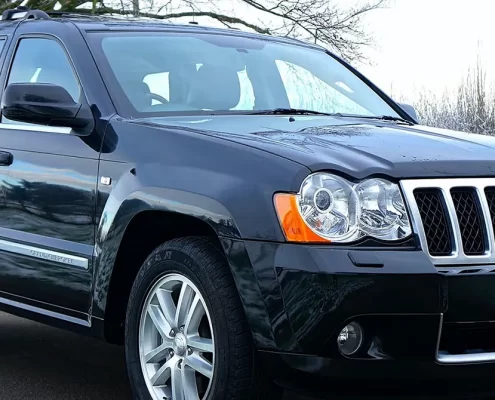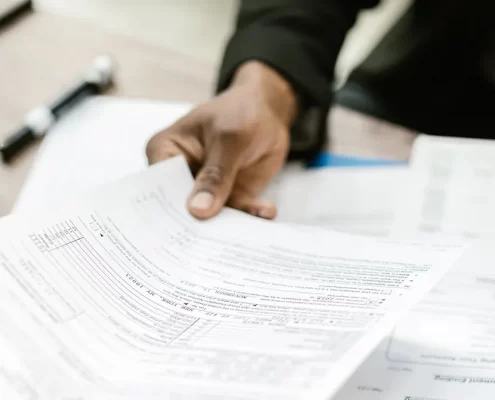
Your Car Insurance May Cover You as a Bicyclist
Car Accident, Insurance, Personal InjuryIf you’ve been injured in a traffic accident while on a bicycle, your car insurance may cover the personal injuries you sustained. When you are out on the roads as either a pedestrian or a bicyclist, injuries from a car striking you or otherwise…

Mediation in Personal Injury Cases
Car Accident, Insurance, Personal InjuryWhen you’ve been injured by someone else’s mistake, the long legal process that follows with insurance and lawyers can feel frustrating. Getting your injuries treated, dealing with medical bills and health insurance, and talking with an…

Peer-to-Peer Carsharing: A Sunday Drive or a Nightmare Ride?
Business Law, Car Accident, Insurance, Personal InjuryNot all side hustles are created equally, but they all come with serious considerations. Of course, the first consideration for most is financial. After all, the whole point is to supplement your income. The upside must be worth the investment…

Evaluating Injuries After a Car Accident
Car Accident, Insurance, Personal InjuryWhen you’ve been in a car accident and are in the process of making an insurance claim, often the most crucial part of the process is to properly evaluate the cost of your injuries. Many victims injured in car accidents ask our Personal Injury…
 https://cornerstonelaw.us/wp-content/uploads/2022/05/Business-risks-header.webp
670
1760
Cornerstone Law
https://cornerstonelaw.us/wp-content/uploads/2017/06/cornerstone-law-black-300x109.png
Cornerstone Law2022-05-05 10:54:192023-08-18 14:43:15Three Risks for Small Businesses
https://cornerstonelaw.us/wp-content/uploads/2022/05/Business-risks-header.webp
670
1760
Cornerstone Law
https://cornerstonelaw.us/wp-content/uploads/2017/06/cornerstone-law-black-300x109.png
Cornerstone Law2022-05-05 10:54:192023-08-18 14:43:15Three Risks for Small Businesses
Hail Damage
Insurance
Hail storms, like the one we just experienced here in Berks County, Pennsylvania, can cause a surprising amount of damage in a very short time. Unfortunately, insurance companies often go out of their way to avoid paying for hail damage by…

I Missed Work Because of My Car Accident: Does Somebody Have to Pay for That?
Car Accident, Insurance
After you’ve been in a car accident, there are a lot of details to figure out. In addition to payment for medical bills, surgeries, rehab and so many other things, many victims of injuries find themselves asking, “Who’s going to pay…

Injured as a Pedestrian
Insurance, Personal Injury
Every day, throughout the United States, pedestrians are injured by cars, trucks, buses and other automobiles. For purposes of the discussion below, it doesn’t matter what type of vehicle hit you, nor does it matter what you were doing when…

Understanding Your Car Insurance
InsuranceGood car insurance is one of the most important assets that an individual can have.
A car accident can wreak havoc on an individual’s life—and insufficient car insurance can make it difficult or almost impossible to catch up on the medical…

Who’s going to pay for my car?!
Car Accident, InsuranceWhen you’ve been in a car crash and your car is totaled, one of the first and most frustrating lessons that you learn is that car insurance companies do not put as high a value on your car as you do. Cars, trucks, motorcycles, and our other…
